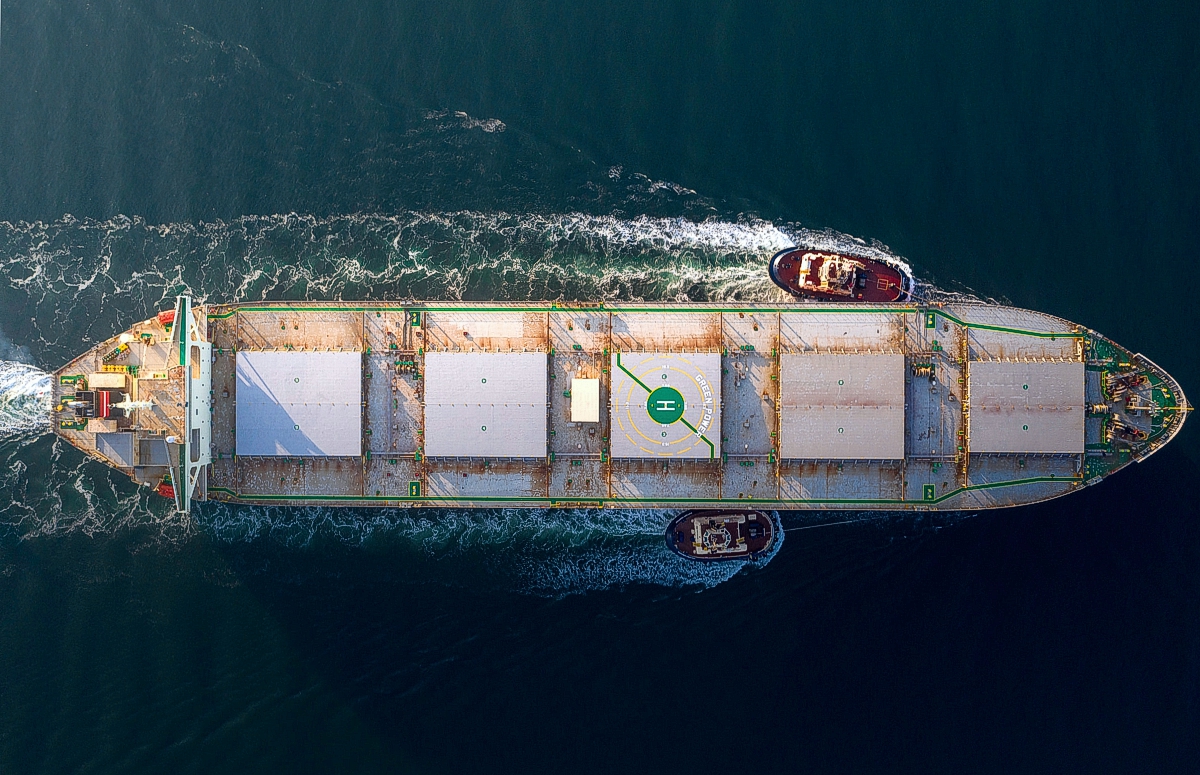SEE ALSO
In depth:
Behind the rhetoric: ‘Public stockholding for food security’ in the WTO
WTO fact sheet:
The Bali decision on stockholding for food security in developing countries
All stories on this topic (tagged “food stockholding”)
By Peter Ungphakorn
POSTED FEBRUARY 25, 2024 | UPDATED APRIL 22, 2024
It almost wrecked the World Trade Organization’s Ministerial Conference in Bali in 2013. It delayed by a year the final agreement on an entirely separate topic: trade facilitation. It caused agriculture to be dropped completely from the 2022 Ministerial Conference in Geneva, and for the second time in a row, at the 2024 Abu Dhabi conference.
The misleadingly-named “public stockholding” (“PSH”) is currently the most controversial subject in the WTO’s agricultural negotiations.
Those initial letters would more appropriately stand for “(over-the-limit) Price support in food Stock-Holding”.
CONTINUE READING or use these links to JUMP DOWN THE PAGE:
What’s it about? | What are the rules? | What else is demanded? | Who has breached its subsidy limit? | So how’s it going? | In a nutshell
TABLES AND DATA: Which countries have notified eligible programmes? | India’s notified breaches of domestic support limits for rice | Rice, shares of world exports
What’s it about?
It’s probably best to start with what it’s not about.
It’s not about food stockholding. There are no WTO rules against that.
Continue reading “Simply put: ‘PSH’, the biggest controversy in the WTO agriculture talks”



